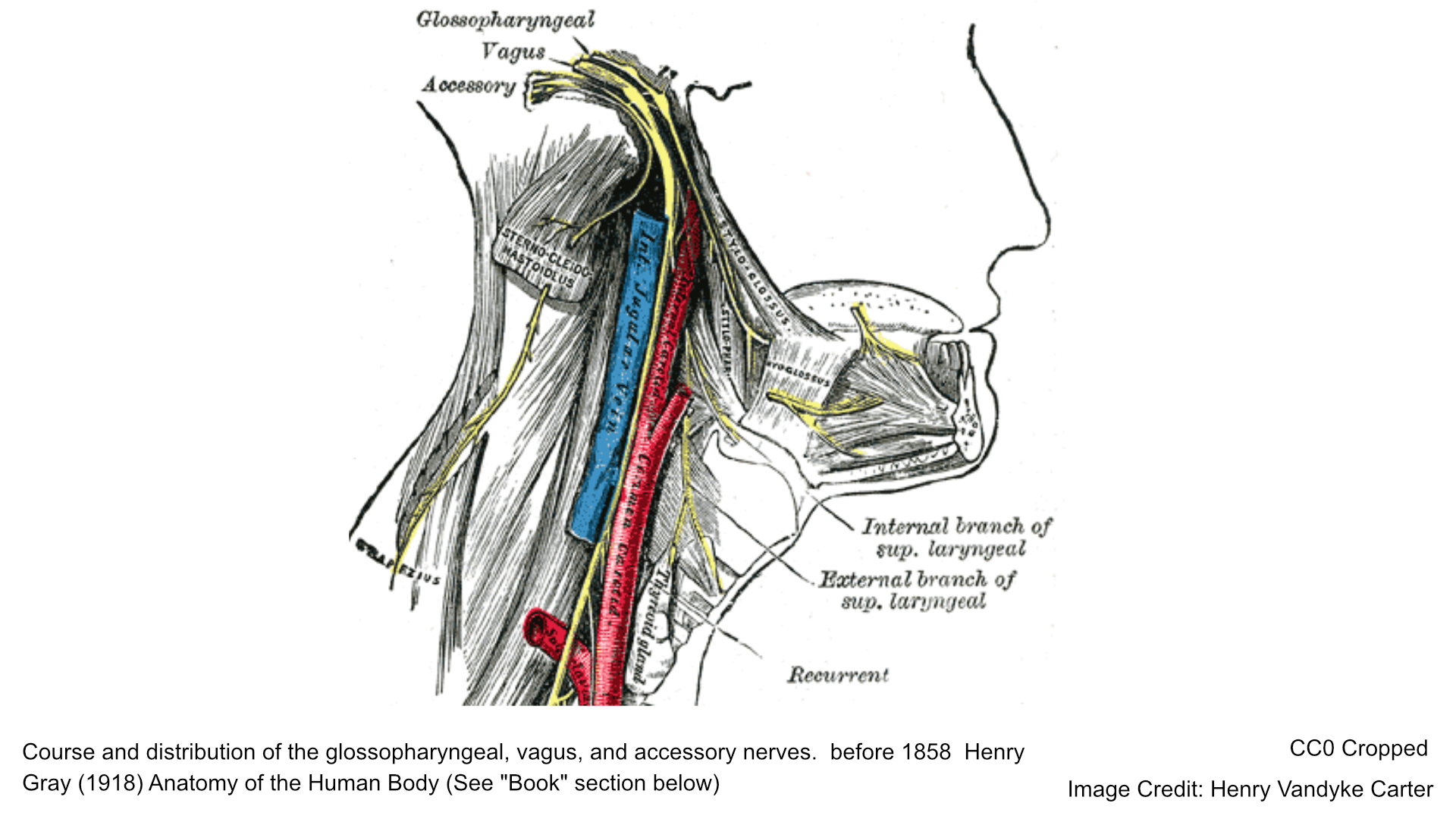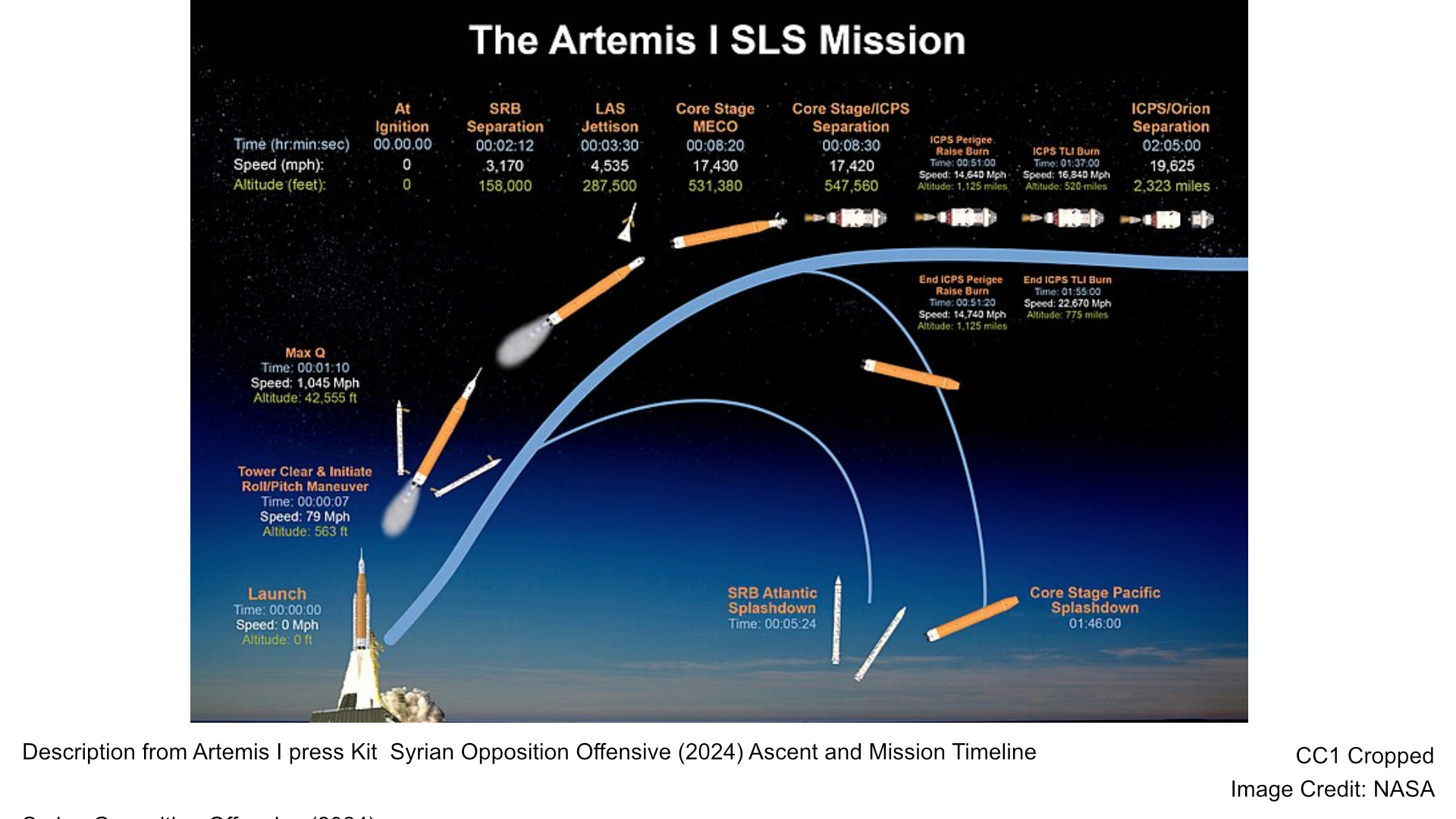Researchers are increasingly interested in the vagus nerve’s role in mental health. This nerve, the most interconnected in the brain, could offer new treatment avenues for mental health disorders. Recent studies suggest its influence on mood regulation and emotional well-being.
- Vagus Nerve and Mental Health: Researchers are studying the vagus nerve’s significant impact on mood regulation and its potential as a treatment avenue for mental health disorders like depression and anxiety.
- Therapeutic Potential of VNS: Vagus nerve stimulation (VNS), long used in epilepsy management, shows promise in treating mental health conditions by modulating neurotransmitters like serotonin and norepinephrine.
- Gut-Brain Connection: The vagus nerve’s role in the gut-brain axis underscores its influence on emotional well-being, linking digestive health to mental health.
- Future Possibilities: Beyond depression and anxiety, VNS might benefit conditions like PTSD and bipolar disorder, paving the way for personalized mental health treatments.
The vagus nerve, which extends from the brainstem to the abdomen, impacts several bodily functions. It regulates heart rate, digestion, and immune response. According to recent findings, its stimulation might help alleviate symptoms of depression and anxiety.
Multiple studies have explored the therapeutic potential of vagus nerve stimulation (VNS). This technique involves electrical impulses to stimulate the nerve, modulating brain activity. Reports from neuroscience journals indicate promising results for patients with treatment-resistant depression.
VNS is not new. It has been used for epilepsy management for decades. However, its application in mental health treatment is gaining traction. Researchers believe it affects neurotransmitter levels, including serotonin and norepinephrine, which influence mood.
The vagus nerve’s interaction with the gut-brain axis also interests scientists. This bidirectional communication pathway links the digestive system and the brain. Some studies suggest that gut health impacts mental well-being, with the vagus nerve playing a crucial role.
Despite promising findings, challenges remain in understanding the vagus nerve’s complexities. Researchers aim to refine VNS techniques, optimizing them for individual patients. Ongoing clinical trials explore these applications, seeking to improve efficacy and reduce side effects.
The potential of VNS extends beyond depression and anxiety. Preliminary research suggests benefits for PTSD, bipolar disorder, and other conditions. As scientists continue to unravel the vagus nerve’s mysteries, its role in mental health becomes clearer.
Further research could lead to personalized treatments, enhancing mental health care. The vagus nerve offers a unique pathway to understanding and improving emotional well-being. Its exploration marks an exciting frontier in neuroscience and psychiatry.





